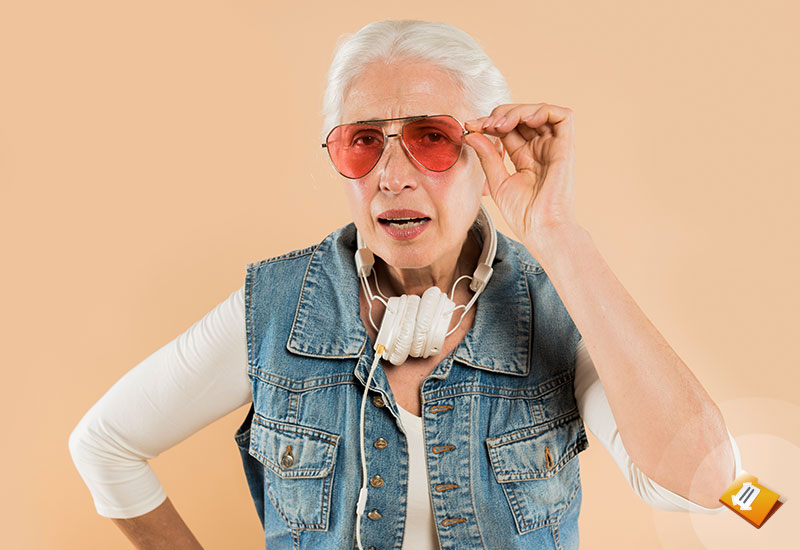
Tips and Tricks on how to Make a Perfect Essay Cover Page

Table of Contents
Discrimination refers to negative social actions taken on certain people or members of social groups by other people or groups. Discrimination can be manifested in the restriction of the rights of the people concerned, in the imposition of additional duties on them, in unjustifiably frequent punishments or unfairly rare incentives of the people concerned, and in other similar actions. Social discrimination usually indicates a low level of development of the society concerned and its constituent people, their low culture.
Prejudice is an unreasonably negative attitude, a stable social order of a person or groups of people in relation to other people or social groups. Prejudice is primarily a cognitive phenomenon or something that relates to the field of knowledge, reflections, reasoning, and beliefs about the relevant object. Prejudice presupposes a person’s confidence that he or she knows the relevant object well, that his or her knowledge is certainly correct. Prejudice is the making of judgment about someone or something without first thinking about it or subsequent substantiation of that judgment. As a stable social setting, prejudice is characterized by negative knowledge about an object, exclusively negative emotions that the corresponding object causes, and readiness to act in its relation unfriendly or hostile. A person who is under the influence of prejudice always dislikes a certain category of people. Prejudices are also associated with a well-known socio-psychological phenomenon, which is called "in-group favoritism." This phenomenon is manifested in the fact that a person belonging to a certain social group distinguishes it (in a positive sense) from other social groups and in all cases of choice gives unconditional preference to members of their social group.
The social stereotype is both a cognitive and behavioral phenomenon. It includes the so-called stereotypical, inflexible thinking and stereotypical (inflexible, automated) practical actions. The stereotype, also, is an unjustified generalization and a significant simplification of reality.
Stereotypes, unlike prejudices, are not always exclusively negative. The social attitudes included in their composition may more or less correctly reflect the reality and characteristics of certain groups of people. However, in this case, social stereotypes cannot be perceived and evaluated as a positive phenomenon, since they appear as the inflexible formation and not correspond to the reality that they reflect.
Socio-psychological ground for prejudice creates an unequal social status of people. Occupying different positions in society, people form certain prejudices regarding those who are not equal in status to them. Prejudices allow people, undeservedly having a high social status in society, to justify their social superiority. Such prejudices are often characterized by those who possess wealth and power. Sometimes religion becomes a socio-psychological basis for the emergence, existence, and spread of prejudice. Believers often have more diverse prejudices than non-believers do. Some scholars suggest that perhaps the prejudices themselves are the reason for people to turn to religion, the basis for the creation and approval of such religious ideas that would support the relevant prejudices. However, the question of the relationship of prejudice with religious faith is nonetheless not fully resolved.
0
Preparing Orders
0
Active Writers
0%
Positive Feedback
0
Support Agents